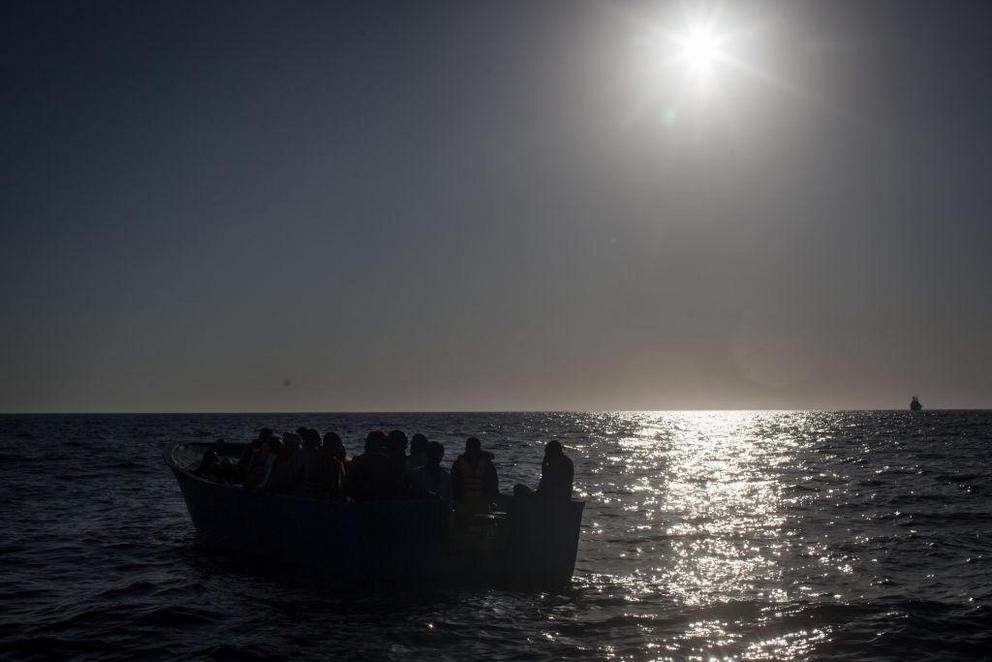Italy adopts hardline immigration law
Under the new law, the Italian government will only grant asylum to legitimate refugees of war or victims of political persecution. Asylum seekers may now lose their protection if they are convicted of crimes including: threat or violence to a public official; physical assault; female genital mutilation; and a variety of theft charges.
"I wonder if those who contest the security decree have even read it. I do not really understand what the problem is: it deports criminals and increases the fight against the mafia, racketeering and drugs." — Deputy Prime Minister and Minister of the Interior Matteo Salvini.
Italy will not sign the United Nations Global Compact for Migration, nor will Italian officials attend a conference in Marrakech, Morocco, on December 10 and 11 to adopt the agreement. The Global Compact not only aims to establish migration as a human right, but also to outlaw criticism of migration through hate crimes legislation.
Italy, a main European gateway for migrants arriving by sea, has approved a tough new immigration and security law that will make it easier to deport migrants who commit crimes. Pictured: Migrants in a wooden boat wait to be picked up by the Migrant Offshore Aid Station Phoenix vessel on June 10, 2017 off Lampedusa, Italy. (Photo by Chris McGrath/Getty Images)
The Italian Parliament has approved a tough new immigration and security law that will make it easier to deport migrants who commit crimes and strip those convicted of terrorism of their Italian citizenship.
Italy's lower house of parliament, the Camera dei Deputati, voted 396 to 99 on November 28 to approve the new law, which was sponsored by Interior Minister Matteo Salvini. The law had previously been approved by the Italian Senate on November 7. The measure was promulgated by President Sergio Mattarella on December 3.
Also known as the "Security Decree" or the "Salvini Decree," the new law includes several key provisions:
Eliminates Humanitarian Protection. A primary objective of the new law is to limit the number of migrants granted asylum in Italy. To achieve this aim, Article 1 of the decree abolishes residence permits for so-called humanitarian protection, a form of security available to those not eligible for refugee status.
Under the previous system, the conditions to qualify for humanitarian protection — one of the three forms of protection granted to asylum seekers, in addition to political asylum and subsidiary protection — were vague and subject to abuse. Migrants arriving in Italy were able to claim humanitarian protection, which lasted for two years and provided access to a job, social welfare benefits and housing.
Under the new law, the Italian government will only grant asylum to legitimate refugees of war or victims of political persecution. The new law also introduces a series of special permits (for health reasons or natural disasters in the country of origin) with a maximum duration of between six months and one year.
For the rest of this article please go to source link below.

